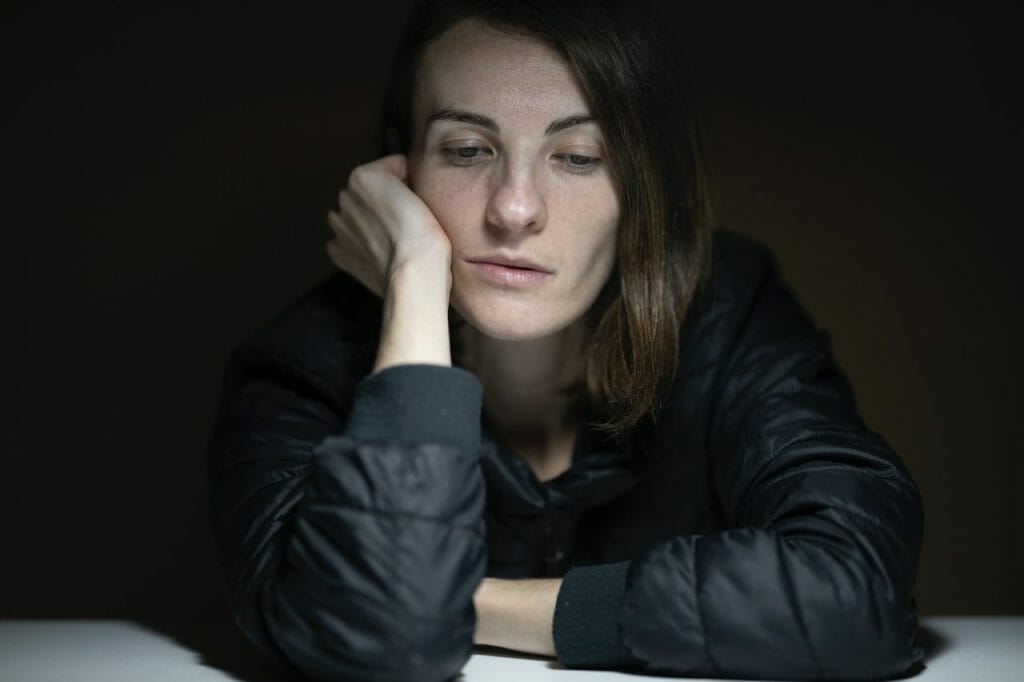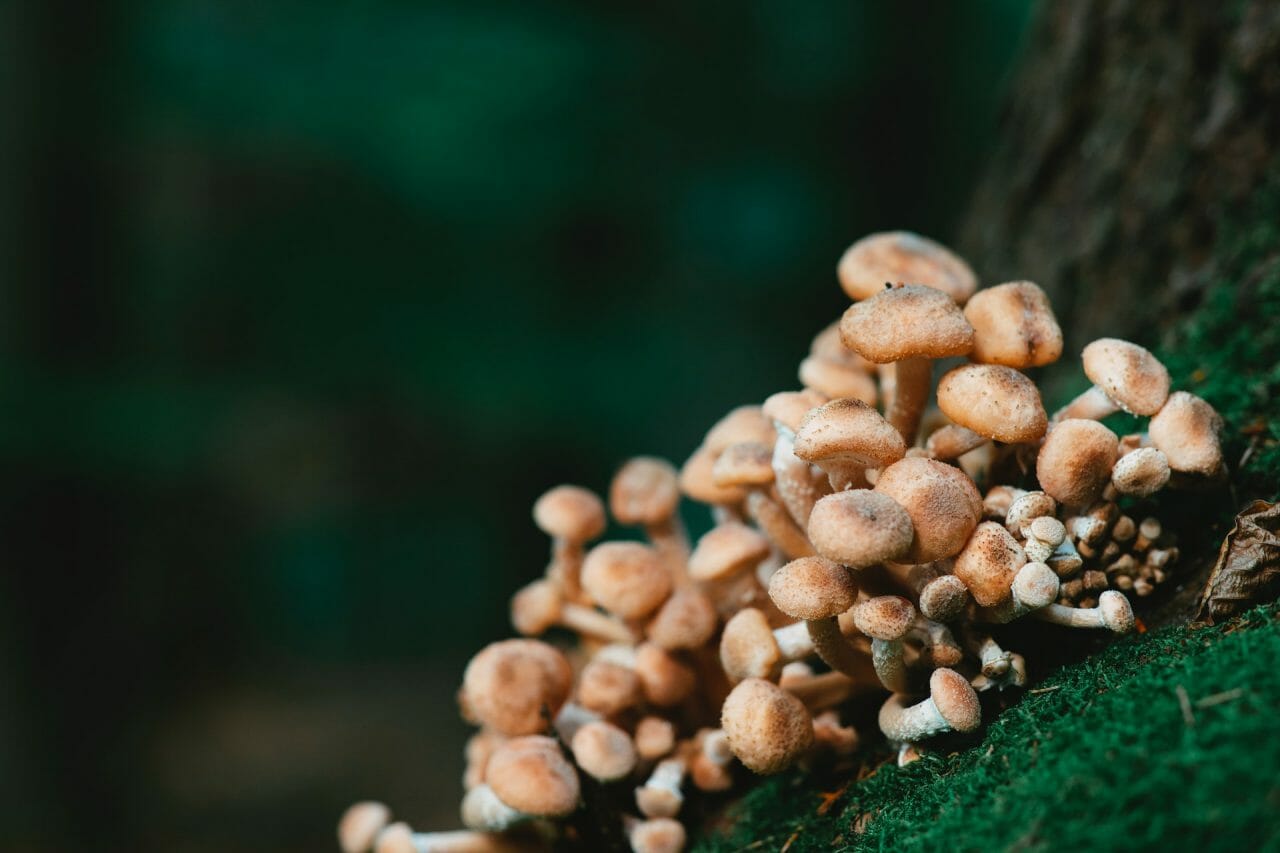According to the World Health Organization (WHO), depression affects more than 264 million people worldwide.
Traditional treatments for depression can be effective, but they often fall short in addressing the complex nature of the condition. This issue has triggered a growing interest in alternative treatment methods. One such approach that is gaining traction in both scientific and public spheres is the use of psilocybin-containing mushrooms, obtained from a mushroom dispensary, as a treatment for depression.
We invite you to delve into the world of mushroom dispensaries, their role in treating depression, and the compelling statistics that underscore their potential to revolutionize the way we tackle this pressing global mental health concern.
Key Takeaways:
- Mushroom dispensaries offer an alternative treatment for depression by supplying psilocybin-rich mushrooms.
- Research suggests that psilocybin may result in substantial and enduring alleviation of depression symptoms.
- Psilocybin therapy is part of a new trend that’s reshaping the mental health care landscape.

Understanding Psilocybin and Its Treatment Potential
Psilocybin is a natural compound found in certain mushroom species, often referred to as “magic mushrooms.” When ingested, the body converts psilocybin into psilocin, which interacts with the serotonin receptors in the brain. This interaction results in substantial shifts in perception, mood, and consciousness, typically associated with the consumption of psilocybin.
Studies examining the potential of psilocybin as a treatment for depression have yielded significant findings. Clinical trials indicate that a single, carefully administered dose of psilocybin can result in substantial reductions in depressive symptoms. Patients have reported profound and lasting improvements in their mental health and overall quality of life.
These findings have sparked a surge in interest and investment in psilocybin as a novel treatment option for depression, especially for those who haven’t benefited from traditional therapies.
Potential Benefits of Magic Mushroom Treatment for Depression
Dispensaries
Commonly known as magic mushrooms, psilocybin-containing mushrooms are gaining attention due to their potential in alleviating depression symptoms. Let’s explore various types of these mushrooms and evaluate the possible benefits they may offer to those with depression.
| Type of Magic Mushroom | Description | Potential Benefits for Depression |
| Golden Teacher | Known for its golden cap, this is a widely favored psilocybin mushroom. | It could help lessen depressive symptoms and boost emotional health. This species is known to foster introspection and self-examination, potentially aiding individuals to gain new insights into their depression. Some users express experiencing a sense of unity and interconnectedness, which can counteract feelings of isolation often associated with depression. |
| Psilocybe Cubensis | This is among the most widespread species of magic mushroom. | It is credited with inducing positive changes in mood and outlook on life. It may enhance emotional processing and aid individuals in addressing the root causes of their depression. The altered state of consciousness it brings about may help users break free from rigid thought patterns and foster a more optimistic mindset. |
| B+ | Noted for its large, bulbous fruiting bodies, this magic mushroom is very distinctive. | It may contribute to significant and enduring reduction in depressive symptoms. Users often describe gaining a clearer understanding and insight into their emotions and life circumstances. The therapeutic journey can help release suppressed emotions and trauma, thereby providing relief from depression. |
| Liberty Cap | These are small, cone-shaped mushrooms found in various regions. | They are known to induce intense emotional experiences that can have a positive impact on depression. During Liberty Cap trips, users often experience heightened sensitivity and empathy, which can foster emotional healing and connection. The immersive and profound nature of the psychedelic journey may aid individuals in understanding the underlying causes of their depression. |
| Penis Envy | Identifiable by its unique, phallic-like shape, this magic mushroom stands out. | It is associated with deep realizations and transformations in depressive thought patterns. Users often experience ego dissolution, which allows them to confront their depression without the usual constraints of their identity. The intensity of the experience may lead to therapeutic breakthroughs, resulting in lasting improvements in mental health. |
| Blue Meanie | This potent strain is easily identified by its bluish hue. | Blue Meanie is believed to have a soothing and relaxing impact on the mind, possibly reducing symptoms of anxiety and depression. Many users have reported reaching a state of inner peace and emotional release during experiences with Blue Meanie, potentially promoting mental health. This particular strain, with its mild yet introspective qualities, may be ideal for those seeking a less intense psychedelic trip for therapeutic purposes. |
The Role of Magic Mushroom Dispensaries in Depression Therapy
Magic mushroom dispensaries play a key role in treating depression. They offer a regulated environment for those exploring potential therapeutic solutions.
The Role of Health Canada
In Canada, Health Canada is the federal agency responsible for overseeing the safety, effectiveness, and quality of therapeutic products like psilocybin found in magic mushrooms.
Approving Therapeutic Products
Recently, Health Canada has granted exemptions and approvals for the use of psilocybin in certain clinical and research circumstances for specific medical conditions, including depression. This shift in policy indicates a growing recognition of the potential therapeutic benefits of psilocybin.
Potential Therapeutic Uses
Magic mushroom dispensaries propose a new and promising therapeutic avenue for individuals dealing with depression. With the appropriate authorization and under certain conditions, individuals can explore psilocybin therapy to alleviate depression symptoms.
A Controlled and Regulated Environment
Magic mushroom dispensaries provide a controlled and regulated environment for those pursuing psilocybin therapy, ensuring the experience is conducted safely under the supervision of skilled professionals.
Compliance with Health Canada Regulations
Dispensaries must adhere to Health Canada’s rules and guidelines when providing psilocybin-based products for therapeutic use. They play a crucial role in ensuring compliance and that therapy is conducted responsibly and ethically.
Navigating Psilocybin Therapy at a Mushroom Shop
Undertaking psilocybin therapy at a mushroom shop can potentially be a transformative and beneficial experience. However, it’s crucial to embark on this journey with responsibility and careful consideration. Here are some recommendations for undertaking this process:
- Extensive Research: Begin by meticulously investigating psilocybin therapy and the specific mushroom store you intend to patronize.
- Seek Expert Guidance: Before considering psilocybin therapy, consult a mental health professional or a therapist proficient in psychedelic-assisted treatment. They can assess your suitability for this type of therapy and provide insightful advice.
- Choose a Trustworthy Store: Look for customer reviews, endorsements, and evidence of compliance with local regulations.
- Understand the Process: Familiarize yourself with the entire therapy process, from the preparatory stage and the psychedelic experience to the post-session integration. Knowing what to anticipate can reduce anxiety and enhance therapeutic outcomes.
- Prepare Mentally and Emotionally: Prepare yourself mentally and emotionally for the experience. Set clear goals for your therapy session, and be ready to confront any challenging emotions or thoughts that may arise.
- Ensure a Safe Environment: Make sure that the mushroom store provides a secure and comfortable environment for your therapy session. This includes appropriate lighting, music, and the presence of trained facilitators to assist you if necessary.
- Follow Dosage Guidelines: Adhere to the dosage recommendations provided by the mushroom store or your healthcare practitioner. Avoid self-medication or ingestion of unfamiliar substances, as this could be hazardous.
Conclusion
Mushroom stores offering psilocybin therapy have emerged as a promising alternative for treating depression. Even with the diverse legal and regulatory landscapes surrounding these establishments, a growing body of research and personal experiences highlight their potential to alleviate depressive symptoms and provide individuals with new perspectives on their mental health.
As the field of psychedelic-assisted therapy continues to grow, the role mushroom stores play in transforming the landscape of depression treatment offers a glimmer of hope to those seeking innovative mental health solutions.
Frequently Asked Questions
How can I find a reliable mushroom dispensary for depression treatment?
To find a trustworthy mushroom dispensary, thorough research is essential. Look for establishments that comply with local regulations and safety standards. Consult with
Ensure that you seek advice from healthcare professionals or individuals with successful psilocybin treatment experiences. It’s crucial to verify the dispensary’s credentials, including the qualifications of their consultants and their commitment to ethical standards.
How long do the therapeutic effects of psilocybin therapy last in the treatment of depression?
The lasting impact of psilocybin therapy’s therapeutic effects varies among individuals. Some people may experience immediate relief, while others may notice a gradual improvement. Research shows that the benefits can last from several weeks to months after just one session. However, the duration of these effects can also be influenced by follow-up support and integration practices.
Can psilocybin therapy be utilized independently in treating depression, or does it need to be combined with other therapies?
Psilocybin therapy is commonly implemented as part of a broader depression treatment strategy. It may be combined with conventional therapies like psychotherapy, counselling, or medication to enhance its effectiveness. The choice of treatment approaches should be custom-made to suit individual needs, under the guidance of healthcare professionals.
What other magic mushroom products are available for treating depression?
In addition to standard magic mushrooms, other available magic mushroom products for depression treatment include psilocybin microdosing capsules, psilocybin-laced edibles such as chocolates or gummies, liquid psilocybin extracts or tinctures, and psilocybin nasal sprays. These alternative ways of delivering psilocybin offer a variety of dosage options and methods of administration, including precise microdosing for minor mood enhancement.
Related Article:





